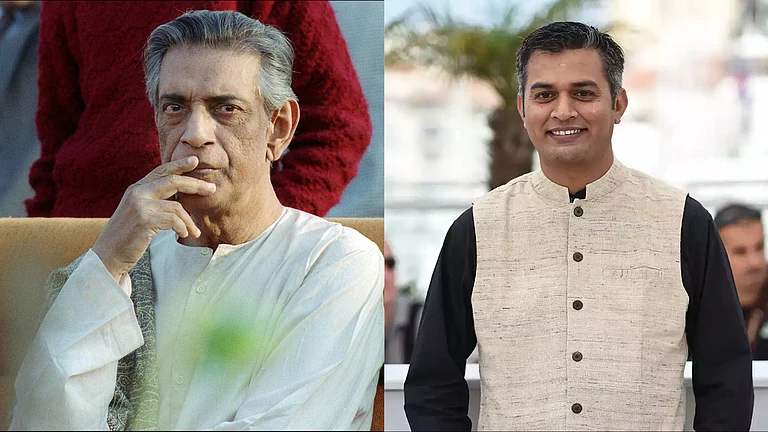After almost 30 years, an Indian film is set to compete for the coveted coveted Palme d'Or award at the 2024 Cannes Film Festival. Introduced in 1955, the Palme d’Or stands as the most prestigious accolade bestowed upon films at the event. Payal Kapadia’s ‘All We Imagine As Light’ breaks the dry spell for Indian films. While all eyes are set on the French Riviera to see what the outcome is, let’s take a look at the previous Indian films that have either been nominated or have won in this category.
Cannes 2024: Indian Films That Have Been Palme d'Or Nominees Over The Years Before Payal Kapadia’s ‘As We Imagine As Light’
As we wait for the outcome of Payal Kapadia's 'All We Imagine As Light' at Cannes 2024, here are the other Indian films that have been nominated for the Palme d'Or.
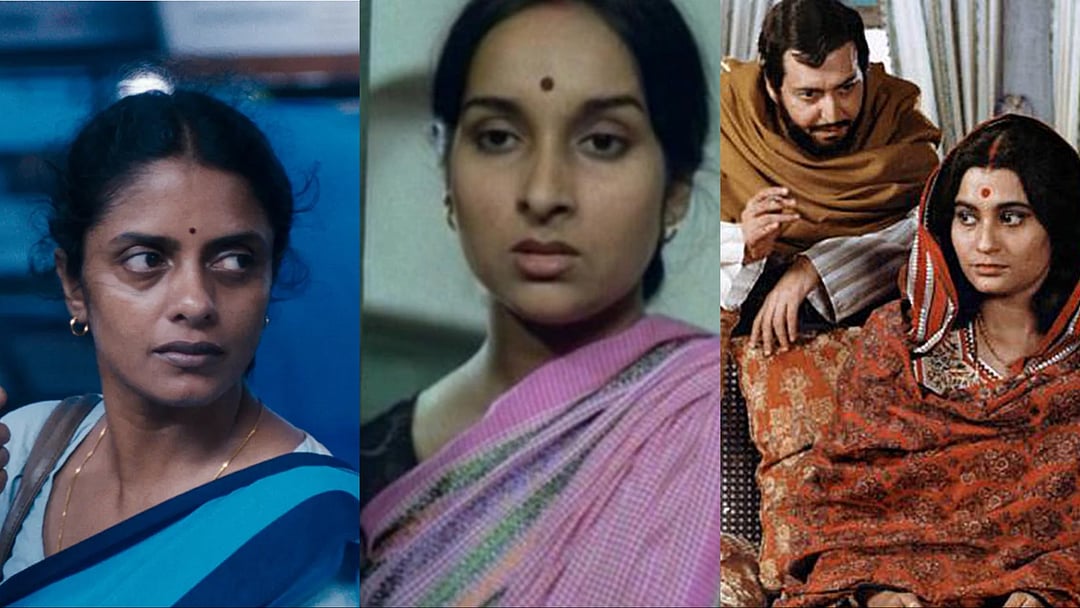
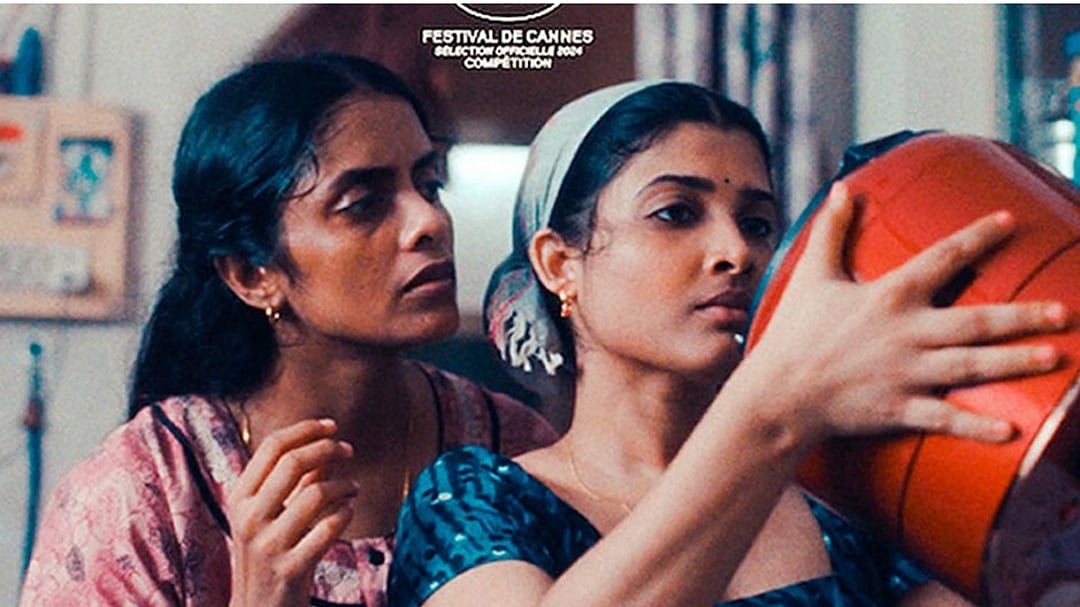
1. ‘Neecha Nagar’ (1946)
This social realist film directed by Chetan Anand revolved around the lives of the inhabitants of a slum area. It addressed issues of poverty, class struggle, and exploitation. The film won the Grand Prix du Festival International du Film (the precursor to the Palme d'Or) at the Cannes Film Festival in 1946, making it the first Indian film to receive this prestigious honor.
2. ‘Amar Bhoopali’ (1952)
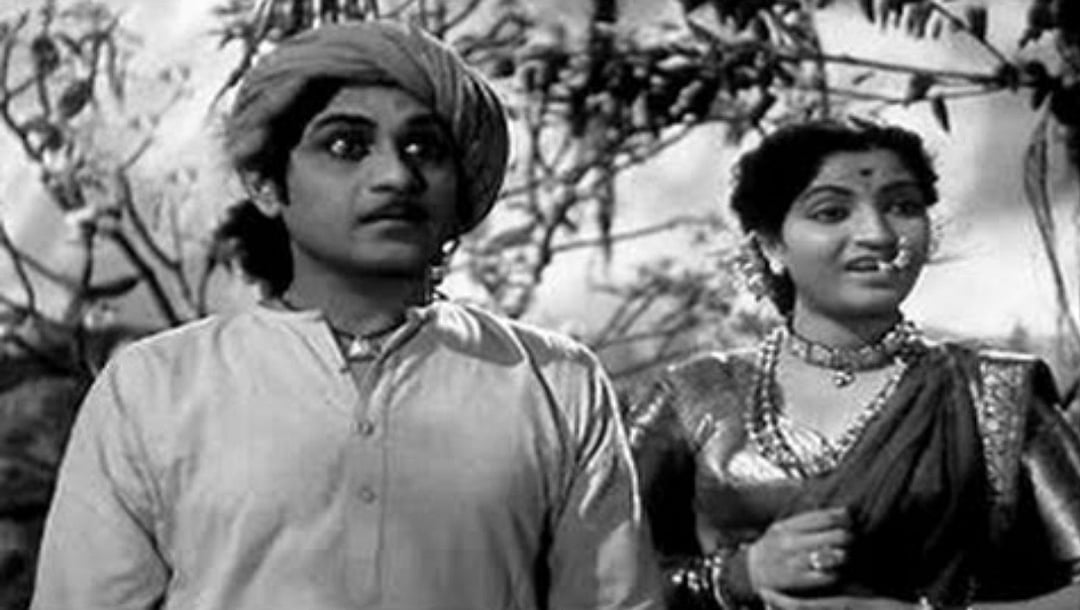
Directed by V. Shantaram, this musical drama is set in rural Maharashtra. The film follows the story of Hira, who dreams of becoming a renowned folk singer.
3. ‘Awaara’ (1953)
This Raj Kapoor film is a classic Bollywood film that explores the themes of crime, redemption, and social injustice. The story follows Raj, a young man from a troubled background who gets entangled in a life of crime.
4. ‘Gotoma The Buddha’ (1957)
This biographical film directed by Rajbans Khanna portrayed the life of Siddhartha Gautama, who later became known as Buddha. The movie revolved from his birth to his enlightenment and teachings.
5. ‘Parash Pathar’ (1958)
This Satyajit Ray satirical comedy-drama film revolves around Paresh Dutta, who stumbles upon a magical stone that turns everything he touches into gold. As Paresh's fortunes change dramatically, he grapples with the consequences of his newfound wealth and the challenges it brings.
6. ‘Devi’ (1962)
This drama explored the themes of faith, superstition, and patriarchal oppression. The film follows the story of Dayamoyee, who is revered as a goddess by her father-in-law after a dream. The film has been directed by Satyajit Ray.
7. ‘Kharij’ (1983)
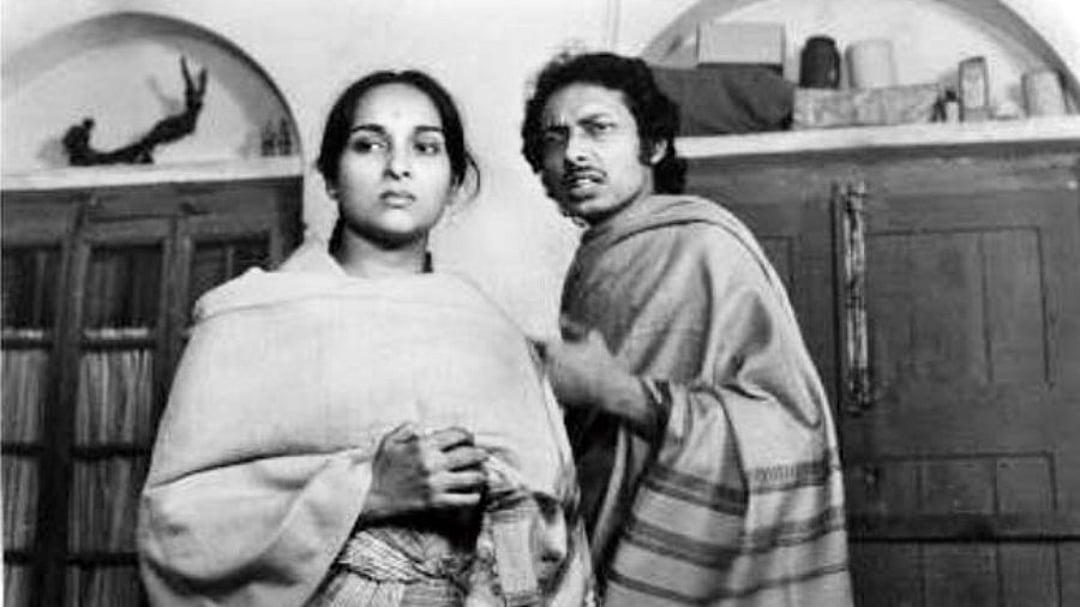
Directed by Mrinal Sen, ‘Kharij’ critiqued the Indian middle class's apathy towards social issues. The film follows the lives of a middle-class family whose comfortable existence is disrupted when they encounter a destitute woman seeking refuge.
8. ‘Ghare Baire’ (1984)
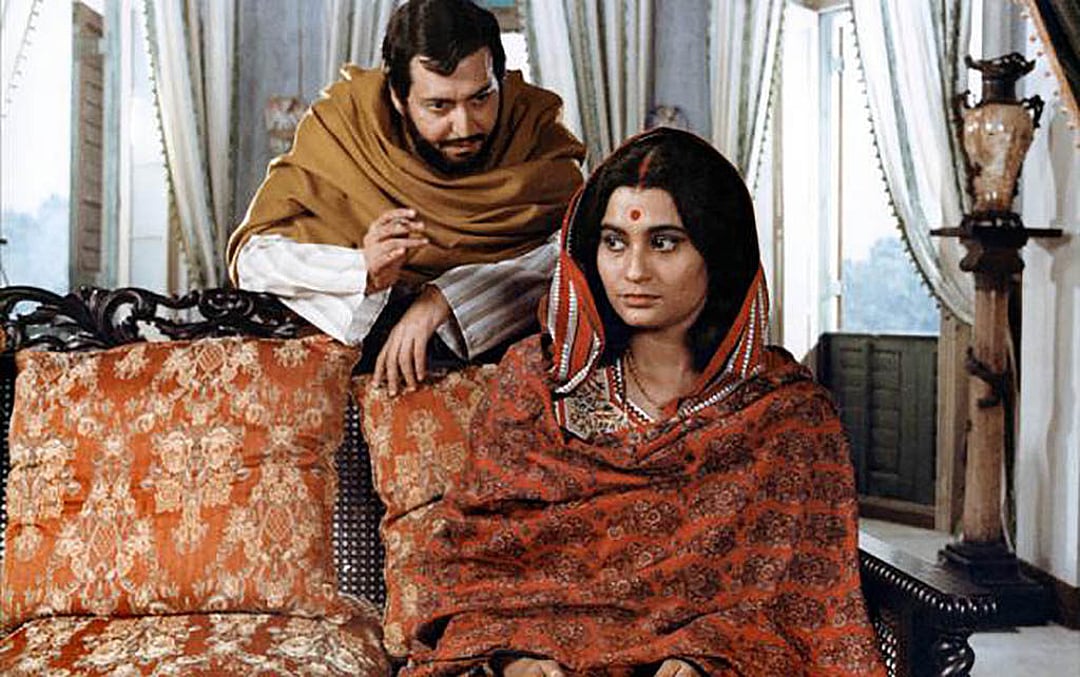
Directed by Satyajit Ray, this period drama is set in early 20th-century Bengal during the Swadeshi movement. The film explores the complexities of love, nationalism, and personal freedom through the intersecting lives of three protagonists: Nikhilesh, Bimala, and Sandip.
9. ‘Swaham’ (1994)
This Shaji N. Karun Malayalam drama film follows the story of an elderly couple, Kunjunni and his wife, who live in a remote village in Kerala. Their tranquil existence is disrupted when their son returns home after a long absence, bringing with him his troubled past and unresolved conflicts.













